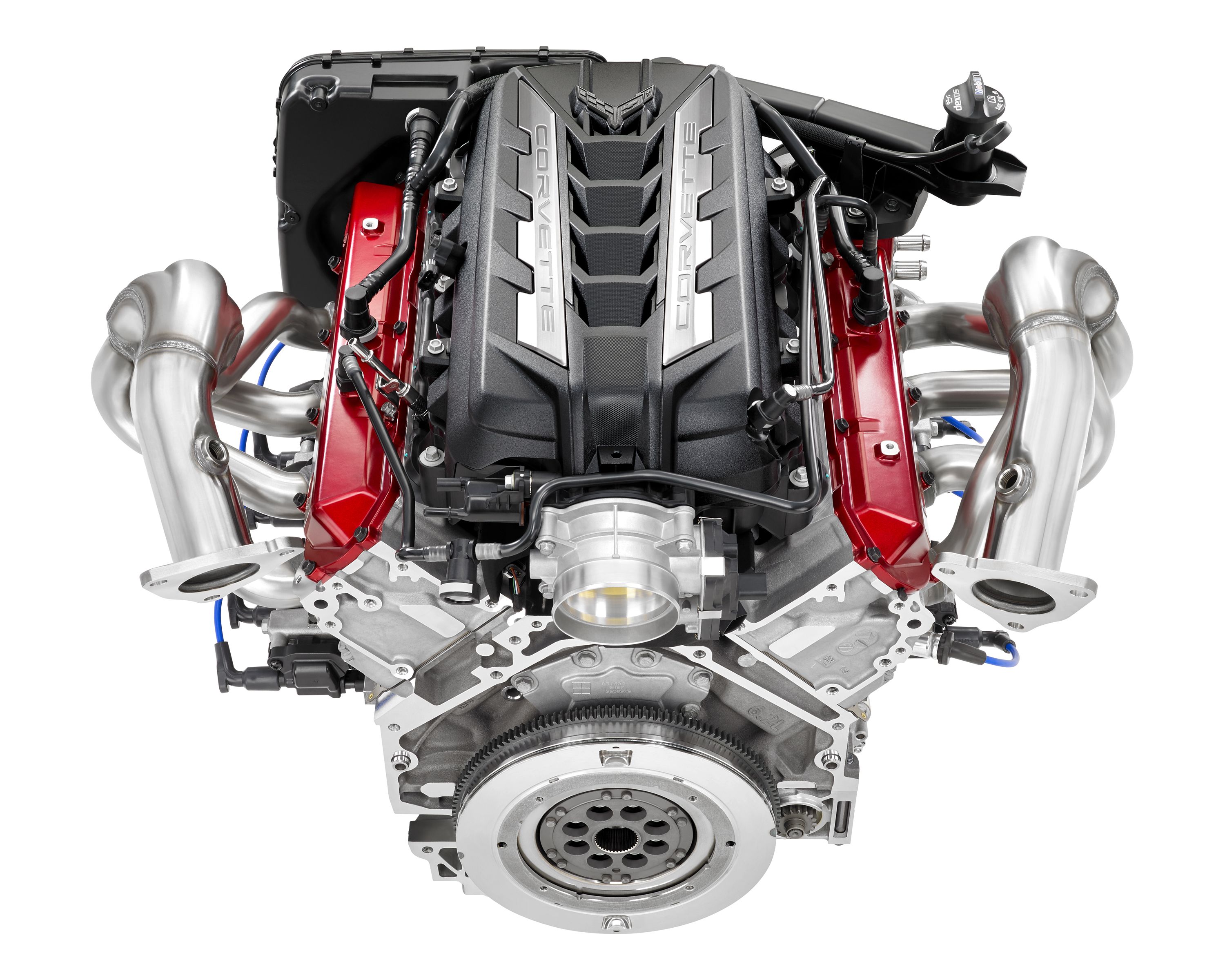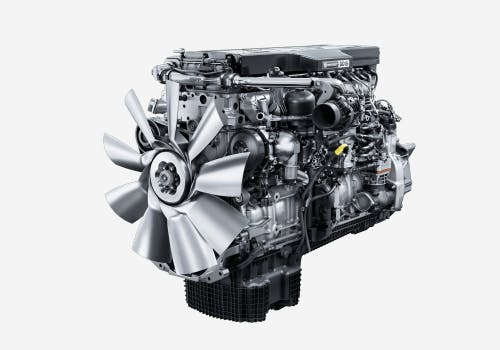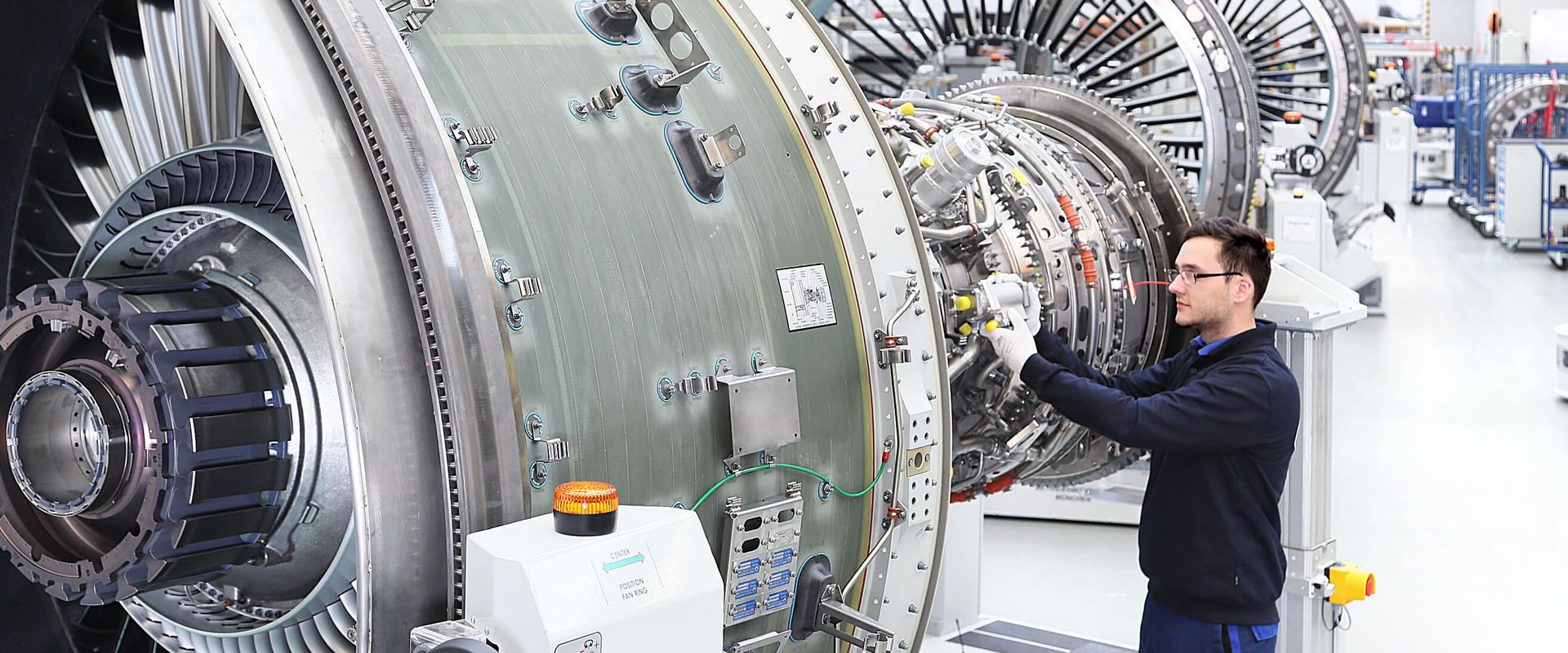Engines For Africa Offers Motors You Can Trust Fund
Engines For Africa Offers Motors You Can Trust Fund
Blog Article
Discover a Wide Variety of Engines for Every Automobile and Objective
The auto landscape is significantly complex, with a diverse variety of engine types developed to meet details performance and performance needs throughout various lorry classifications. Additionally, heavy-duty engines offer the needs of job cars, while environment-friendly options are gaining grip in the search of lasting transportation.
Kinds of Automotive Engines
Automotive engines can be categorized right into a number of unique kinds, each designed to satisfy specific efficiency and efficiency demands. One of the most typical classifications consist of internal combustion engines, electrical engines, and hybrid systems.

Electric engines, on the other hand, operate electrical power saved in batteries, offering instant torque and zero exhausts. These engines are becoming significantly popular because of developments in battery modern technology and the expanding focus on sustainability.
Hybrid systems incorporate both inner burning and electrical engines, making it possible for lorries to optimize gas performance and minimize emissions by flawlessly switching over between source of power. Each engine type presents its disadvantages and advantages, affecting factors such as car design, planned use, and market demand. When selecting the appropriate engine for their certain requirements., understanding these distinctions is critical for consumers and manufacturers alike.
Efficiency Engines for Sports Cars
Performance engines for sports cars are especially crafted to deliver boosted power, speed, and dexterity, establishing them aside from standard automobile engines. These engines usually use advanced technologies such as turbocharging, supercharging, and variable shutoff timing to make the most of effectiveness and responsiveness.
Normally, efficiency engines are designed with greater compression proportions, which permit for higher energy removal from gas. This results in excellent horse power and torque numbers, making it possible for fast acceleration and higher top rates. The lightweight materials used in these engines, such as aluminum and carbon fiber, contribute to minimized general lorry weight, enhancing handling and ability to move.
Engine arrangements like V6, V8, and even hybrid systems prevail in performance cars, each offering unique benefits in terms of power delivery and driving characteristics. The adjusting of these engines is likewise important; many suppliers optimize the engine administration systems to give an electrifying driving experience, usually consisting of sporting activity modes that change throttle reaction and gear changes.
Efficient Engines for Daily Commuters
In the world of day-to-day commuting, effective engines play an essential duty in optimizing gas economic climate and lessening discharges while giving reliable performance. As metropolitan populations expand and ecological problems escalate, the demand for cars outfitted with efficient powertrains has surged.
Modern engines made for everyday commuters frequently include modern technologies such as turbocharging, straight fuel injection, and crossbreed systems. Turbocharging boosts engine efficiency by forcing even more air right into the burning chamber, enabling smaller sized, lighter engines that do not compromise power result. Direct gas injection improves fuel atomization, resulting in far better combustion and increased performance.
Hybrid engines, integrating interior burning with electric power, further enhance gas economy, specifically in stop-and-go website traffic, where standard engines can experience from inadequacies. Electric motors help throughout acceleration and can run separately at reduced rates, lowering total fuel consumption.
Additionally, improvements in engine monitoring systems and lightweight materials add dramatically to reliable engine layout. By concentrating on performance, toughness, and ecological sustainability, makers continue to deliver engines that not just fulfill the needs of daily travelling however likewise align with international initiatives to decrease carbon footprints.
Heavy-Duty Engines for Job Vehicles
Heavy-duty engines for job cars are routinely crafted to deliver phenomenal torque and integrity under demanding problems. These engines are created to perform in environments where conventional engines may fail, such as building and construction sites, logging procedures, and agricultural setups. The main focus of durable engines is their ability to generate high degrees of power while preserving sturdiness over extended durations of procedure.
Typically, sturdy engines utilize innovative materials and robust construction methods to withstand the roughness of hefty workloads. Attributes such as reinforced cyndrical tube blocks, boosted air conditioning systems, and progressed gas injection modern technologies add to their efficiency. These engines typically operate at reduced RPMs, which aids to maximize fuel effectiveness while giving the needed power for pulling and carrying.
Along with mechanical robustness, sturdy engines are typically equipped with advanced digital control devices (ECUs) that take care of performance, exhausts, and diagnostics. This combination permits much better tracking and upkeep, ensuring that work lorries remain operational and efficient.
Ultimately, heavy-duty engines are an essential component in the efficiency of numerous industries, offering the needed power and dependability to take on the toughest of jobs.
Eco-Friendly Engine Options
The growing focus on sustainability has actually brought about the development of environment-friendly engine choices that focus on reduced emissions and boosted gas performance. These engines are developed to reduce the environmental impact of vehicles while still delivering the performance and reliability expected by customers.
Amongst one of the most remarkable their website eco-friendly alternatives are hybrid and electrical engines. Crossbreed engines incorporate typical interior combustion engines with electric propulsion, enabling reduced gas usage and lower greenhouse gas emissions. Electric engines, on the other hand, run completely on battery power, creating zero tailpipe discharges and adding to cleaner air top quality.
An additional appealing development is the advancement of biofuel engines, which make use of renewable energies, such as plant products, to power cars (Engines For Africa). By utilizing biofuels, these engines can minimize dependency on nonrenewable fuel sources and lower total carbon footprints

As the automobile industry develops, environmentally friendly engine options will play an essential function in driving the change towards even more lasting transportation solutions.
Conclusion
From high-performance engines that improve sporting activities car abilities to reliable models prioritizing fuel economic situation for day-to-day commuters, Look At This each type serves a particular function. Durable engines provide to robust work automobiles, while green options, such as electric and biofuel engines, advertise lasting transport.

Report this page